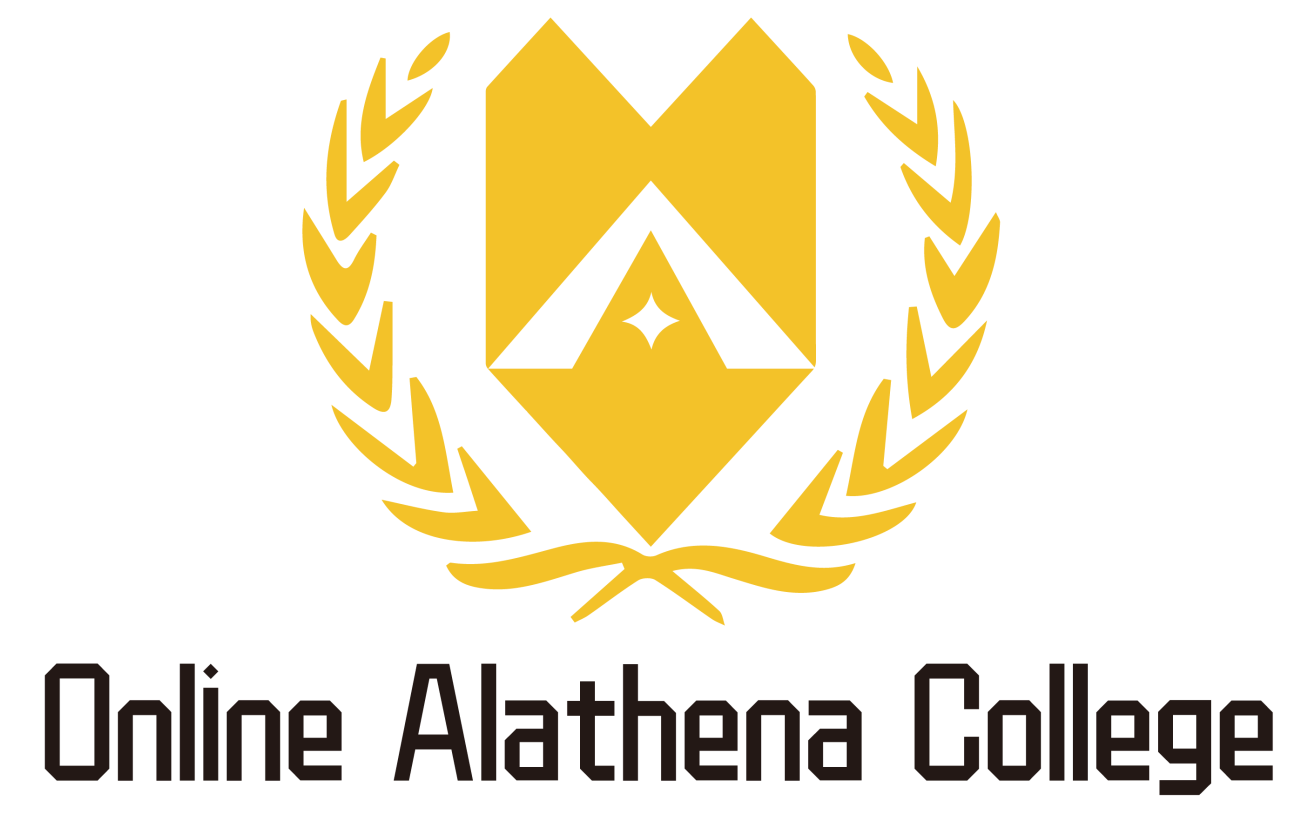Course Description
#1 Legal Foundations
- Where do the principles of law and justice come from?
- How have Canada’s legal systems changed and developed over time?
- Who is responsible for the administration of justice?
#2 Rights and Freedoms
- What constitutes a human right?
- How do our beliefs about human rights change?
- How do we balance the rights of an individual and the good of society as a whole?
#3 Criminal Law
- Do all members of society have equal protection from wrongdoing?
- How do we balance between the rights of the accused and the rights of victims and society?
- Does the criminal justice system adequately control and prevent crime?
- Are changes in the criminal justice system always positive?
#4 Civil Law
- What is tort law and how might it protect me?
- What is the purpose of family law?
- How do we balance the rights of business owners and workers?
- How does contract law affect our interactions with others?
Overall Curriculum Expectations
A. The Inquiry Process and Skill Development in Legal Studies
- A1. The Inquiry Process in Legal Studies: use the legal studies inquiry process and the concepts of legal thinking when investigating law and legal issues in Canada;
- A2. Developing Transferable Skills: apply in everyday contexts skills developed through the study of law, and identify careers in which a background in law might be an asset
B. Legal Foundations
- B1. Legal Principles: explain the role and importance of law and the fundamental principles of justice in Canada;
- B2. Legal Heritage: demonstrate an understanding of early laws and legal systems and their relationship to the Canadian legal system;
- B3. Legal Roles and Responsibilities: analyse the role and function of individuals, groups, and governments in Canadian law;
- B4. Development of Law: analyse and describe how various social, scientific, and technological factors have influenced and continue to influence the development of Canadian law.
C. Rights and Freedoms
- C1. Human Rights: explain the legal significance of the Canadian Bill of Rights, the Ontario Human Rights Code, the Canadian Charter of Rights and Freedoms, and the Canadian Human Rights Act;
- C2. Development of Human Rights Law: analyse how various factors have influenced and continue to influence the development of human rights law in Ontario and Canada;
- C3. Protecting Rights and Freedoms: analyse the relationship between the formal, legal recognition of rights and freedoms in Canada and how those rights are interpreted and protected in practice;
- C4. Legal Limitations of Human Rights: analyse situations in which it may be appropriate to limit rights and freedoms, and explain the arguments for and against such limitation.
D. Civil Law
- D1. Introduction to Tort Law: analyse the legal foundations of tort law; the factors influencing its development; and the role of individuals, groups, and courts in its processes;
- D2. Introduction to Family Law: analyse the legal foundations of family law; the factors influencing its development; and the role of individuals, governments, and courts in its processes;
- D3. Introduction to Employment Law: analyse the legal foundations of employment law; the factors influencing its development; and the role of employers, employees, and the courts in its processes;
- D4. Introduction to Contract Law: analyse the legal foundations of contract law; the factors influencing its development; and the role of individuals, groups, and the courts in its processes.
E. Criminal Law
- E1. Foundations of Criminal Law: explain the foundational concepts of criminal law and their legal significance;
- E2. Legal Processes and Procedures: describe the structures and key roles and processes of the Canadian criminal justice system and explain key interrelationships among them;
- E3. Criminal Justice System: assess the ability of the Canadian criminal justice system to provide appropriate and even-handed justice to people living in Canada;
- E4. Development of Criminal Law: analyse how various factors have influenced the development of Canadian criminal law.

